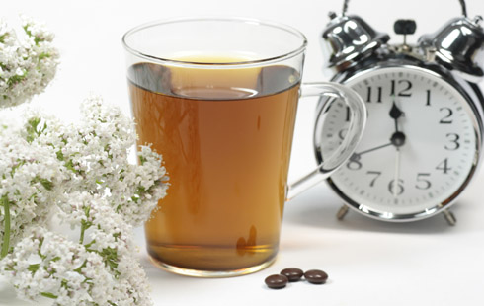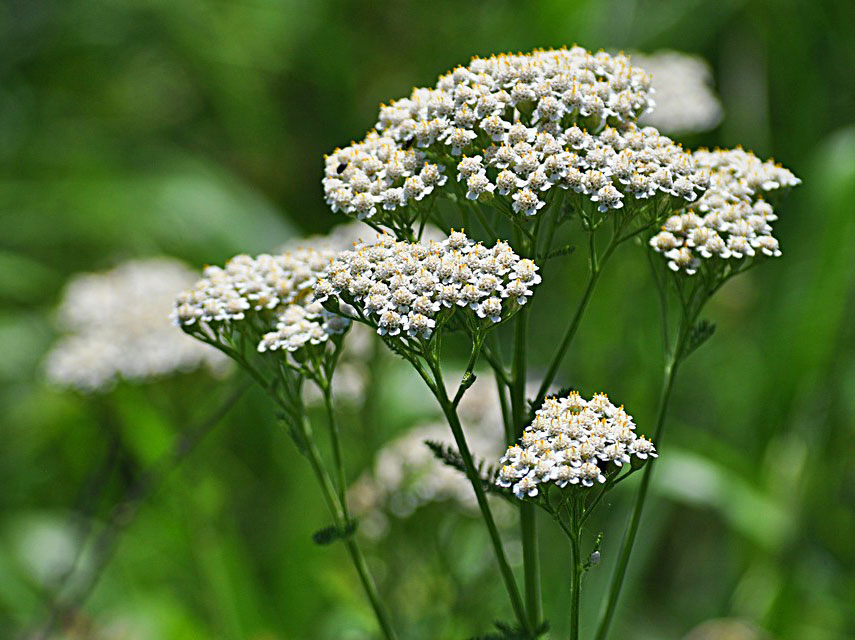
Valerian and other herbal remedies for sleep
Valerian is one of the most useful relaxing nervines that is available to us. This fact is recognised by orthodox medicine as is shown in its inclusion in many pharmacopoeias as a sedative. It may be used safely to reduce tension and anxiety, over-excitability and hysterical states.
It is an effective aid in insomnia, producing a natural healing sleep. Valerian can also help in migraine and rheumatic pain. Valerian is available as herbal tea, herbal tincture or herbal capsules.
Passiflora (passion flower)
This herbal remedy has a long history of success in homeopathy and herbalism alike.
Homeopathic Remedies to consider
The most effective way to use homeopathic medicines is to find the one remedy that matches the syndrome of symptoms that the person is experiencing. While chronic or severe insomnia may require > a professional homeopath, there are some simple homeopathic medicines to consider for at least short-term benefit.
One of the most common homeopathic herbal remedies for sleep is Coffea, which is a homeopathic dose of coffee. Coffea is indicated when a person feels mentally and physically overactive (these are the symptoms that non-homeopathic ingestion of coffee is well known to cause). This remedy is also known to relieve insomnia in people who have a constant flow of ideas that keep them awake.




